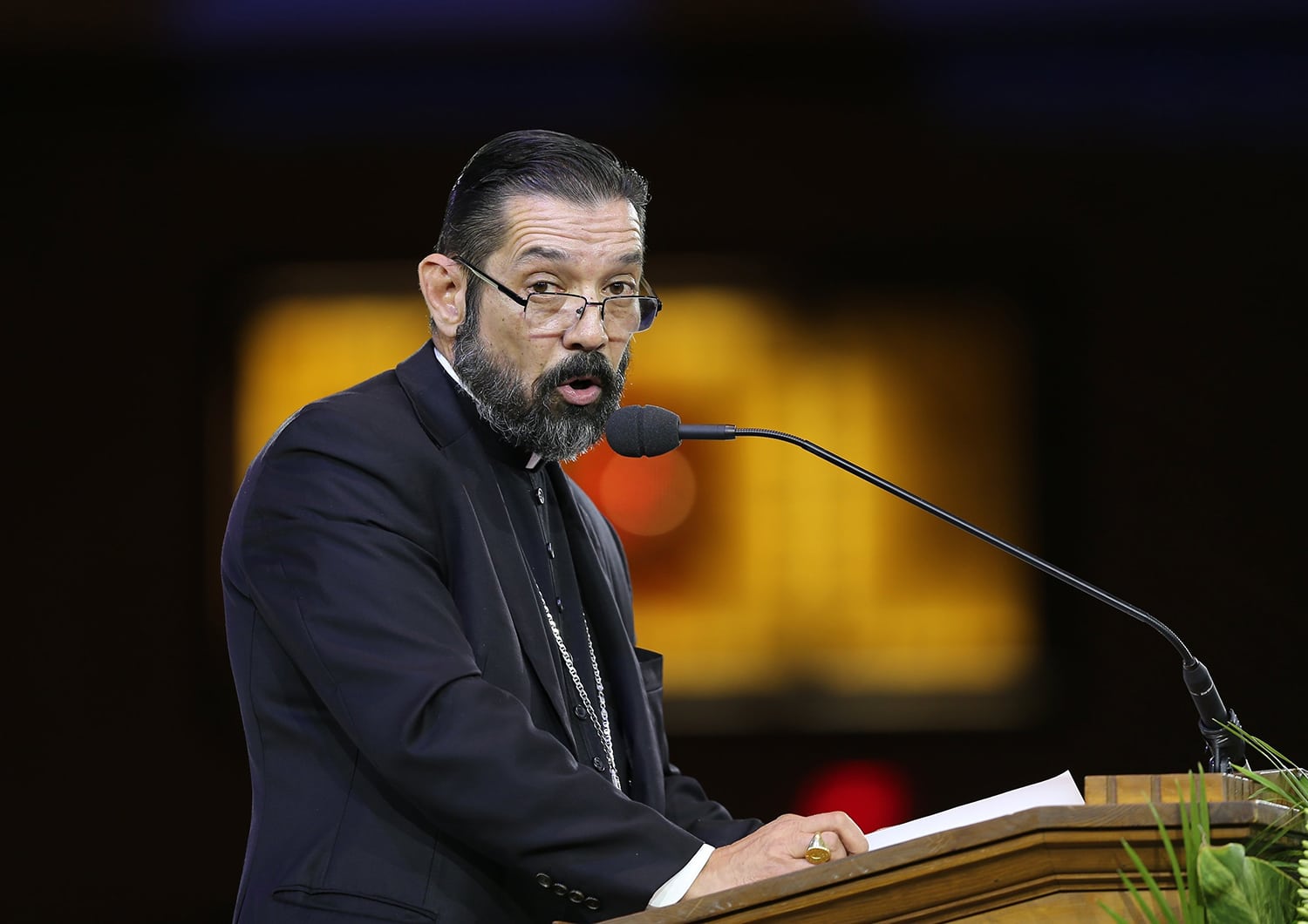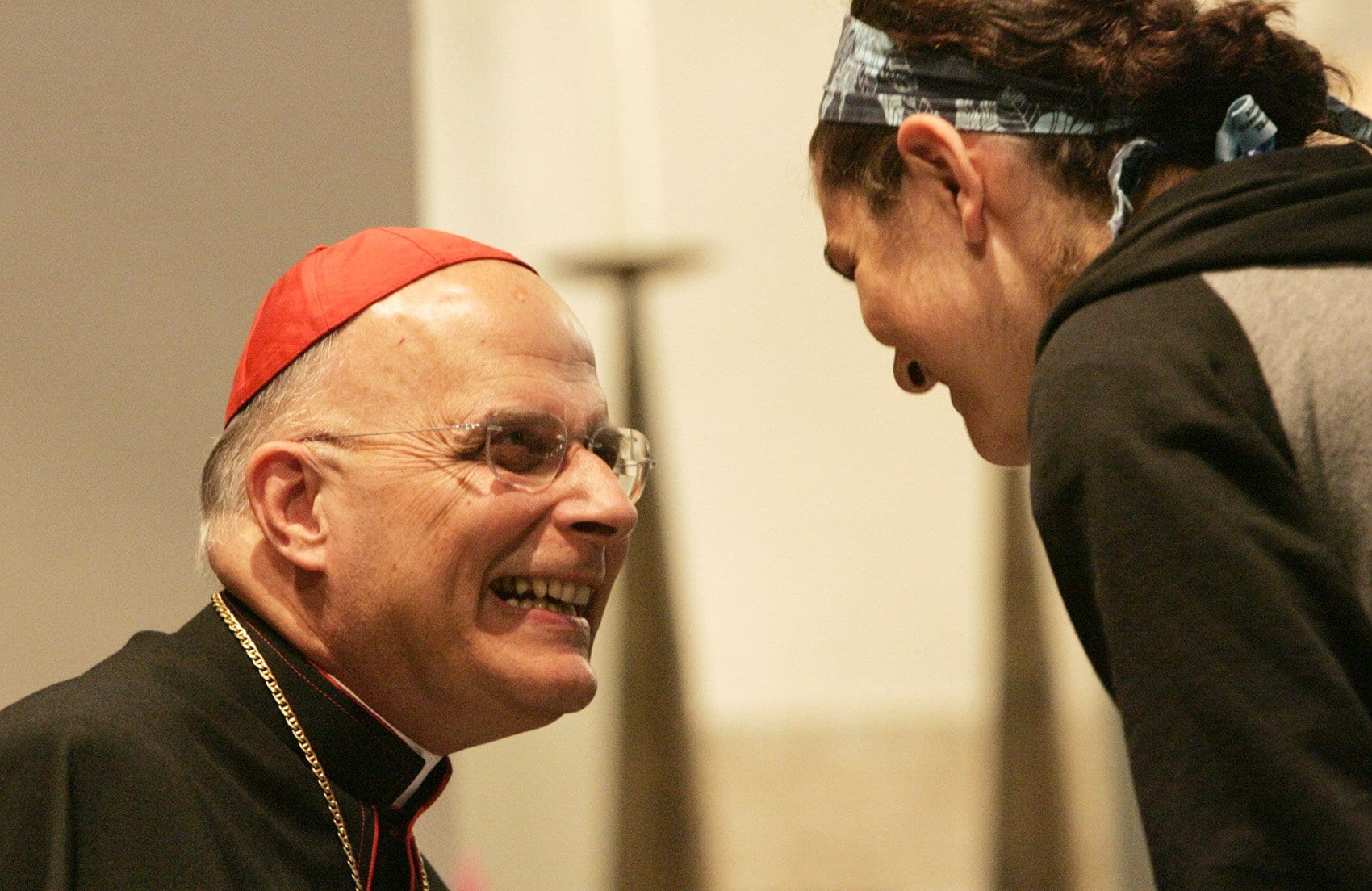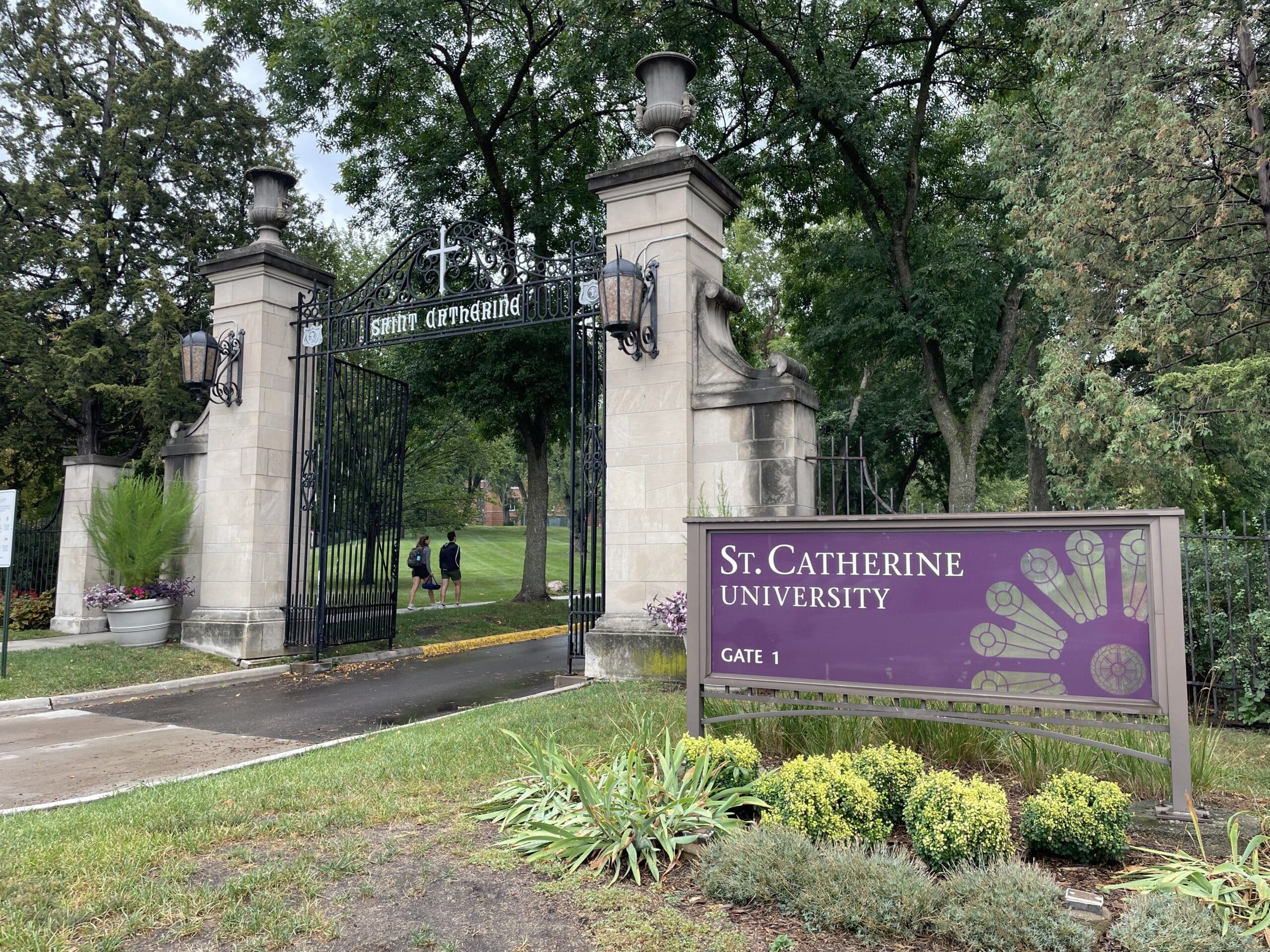WASHINGTON (OSV News) — Catholic Mobilizing Network released a new minidocumentary Sept. 13 highlighting the story of Felix Rosado, a former prisoner who is co-founder and co-coordinator of Let’s Circle Up, a restorative justice project based at the state prison in Graterford, Pennsylvania.
The Villanovan, the student-run newspaper at Rosado’s alma mater Villanova University, reported that in 1996, Rosado was sentenced to life in prison, without the possibility of parole, after pleading guilty to a first-degree murder charge based on what the report described as bad legal advice following an accidental shooting. The report said Rosado should have pled guilty to a third-degree murder charge, which would have resulted in a 10-20 year sentence.
In the video, Rosado said that while incarcerated, he rediscovered his Catholic faith, which prompted him to study the concept of restorative justice, and he sought to begin to make amends for his crime.
Discovering the story in a book
In coming across a book with the stories of parents of murdered children, he said, “I remember realizing that I, Felix Rosado, caused a family the same kind of pain I was reading about.”
Rosado said restorative justice brings together those who were harmed with those who caused the harm to help them face the consequences of their actions.
“It’s really a Gospel way of doing justice,” he said.
Rosado’s sentence of life without parole was commuted in 2022 in a unanimous vote by the state pardons board.
Krisanne Vaillancourt Murphy, executive director of the Catholic Mobilizing Network, a group that opposes capital punishment in line with church teaching, told OSV News that “since its inception nearly 15 years ago, Catholic Mobilizing Network has been committed to promoting restorative justice within the Catholic community.”
“One of the most powerful approaches we’ve found is to amplify the stories of those who have experienced these transformative processes themselves,” she said. “Felix Rosado is a prime example.”
A devout Catholic who resepected restorative justice
Vaillancourt Murphy said that “for years, I knew of Felix as a devout Catholic and respected restorative justice advocate at Graterford State Correctional Institution in Pennsylvania, who was serving a life sentence without the possibility of parole — what Felix calls a ‘death by incarceration sentence’ and what the Holy Father calls a ‘secret death penalty.'”
“In 2022, an amazing thing happened,” she continued. “Felix’s sentence was commuted and he was finally free to continue his transformative work out in the world, instead of behind prison walls. And as you can see in the video, that’s exactly what he’s done. This is the impact that restorative justice can have. These voluntary processes can break cycles of violence, promote accountability, and open up the possibility of healing. As we see with Felix’s story, restorative practices, especially when supported by faith, can be a catalyst for the redemptive healing that God desires for all of us.”
Showcasing compelling examples
Vaillancourt Murphy said her organization “set out to create a series of videos showcasing compelling restorative justice stories.”
“Recognizing Felix’s incredible journey, we wanted him to be part of this project,” she said. “In July, our team spent two inspiring days with Felix in Philadelphia, capturing him at work at a youth-focused restorative justice program, at his neighborhood church, even his new home — the first he’s ever owned.”
Catholic Mobilizing Network is “honored to share Felix’s story with the world,” Vaillancourt Murphy said. “Our hope is that his testimony will resonate with a broad audience, particularly within the Catholic community, and inspire them to join CMN in advancing healing practices like restorative justice throughout our church and society.”







